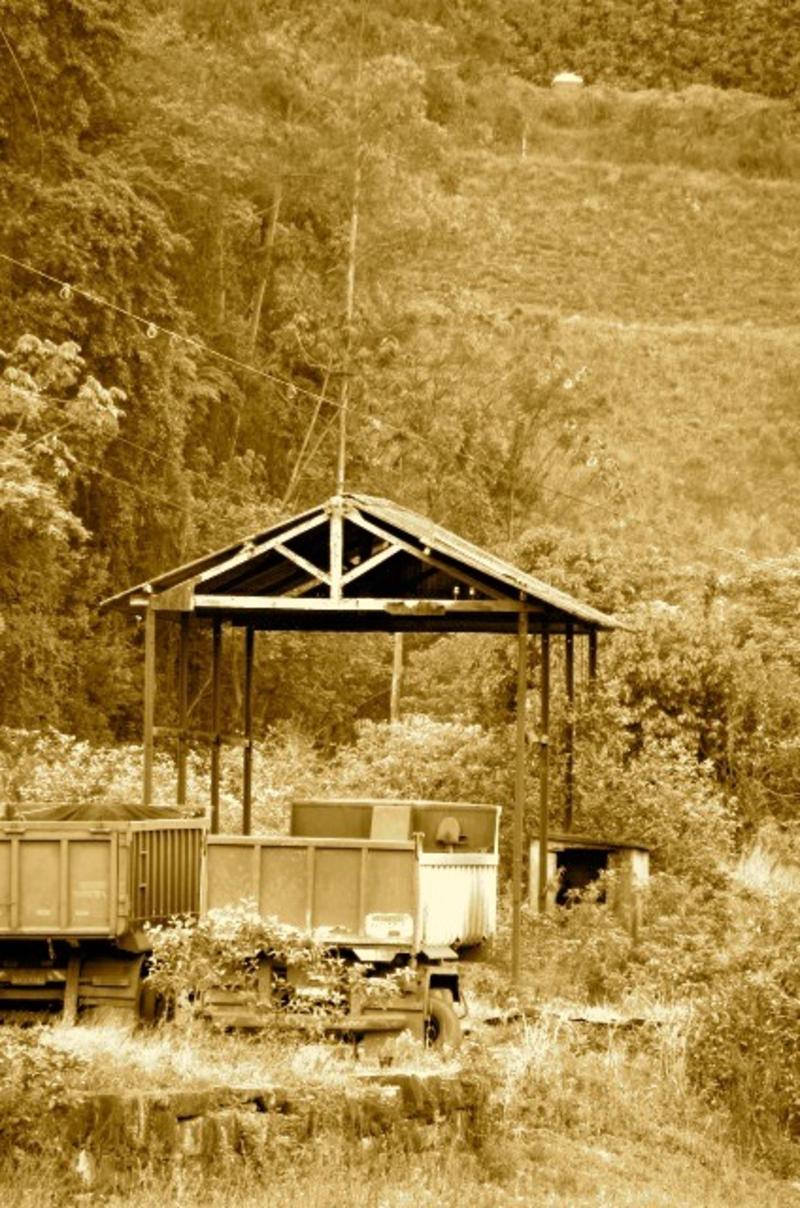Home

The commodity boom cycle has attracted much attention in contemporary Brazilian Studies. This project looks at locations that have prompted economic growth by providing resources, without necessarily directly profiting from them. The architecture, demography, public health, social memory, and political-economy of extractive industries in target locations in Brazil are at the core of this project.
A remarkable characteristic of colonialism in Latin America was the extraction of natural resources for foreign trade. In post-colonial Latin America, however, many economies continued with the model of commodities export-based growth. This project looks at extractive industries in Brazil. The aim of this project is to identify, map, compare, and contrast municipalities that have mining, oil, and agri-business (mono-culture) as main economic resource. Amongst those extractive locations, we will focus on the ones that have one leading company: one-company towns. Many of these towns suffer economic, environmental and social impacts, as well as the diminished prospects for more inclusive development. While some extractive towns have diversified their economic activities, many others have not. What decisions led to diversification or to the so-called monotown model? What does economic dependency generate spatially, politically and socially?
We work with key topics in the examination of extractive municipalities, namely:
What are the impacts of lack of diversification of the local economic matrix for sustainable social and economic growth?
How does lack of diversification of the local economy intersect with environmental preservation?
What are the political dynamics in town (elections and participatory planning) amid great economic dependency and high receipt of financial compensation for the exploitation of mineral and oil resources?
Are migration movements clearly related to the prosperity cycles of local companies and what are the impacts of these population transitions?
Which patterns of public health can be easily identified in extractive territories?
What are the legacies of industries on an urban level: which structures are built for industrial growth and what happens to them in times of decay? Could they have another destination?
We will investigate housing and spatial dynamics in one-company towns and how those relate to the industry.
We will investigate gender dynamics in towns that are historically associated with activities that are mainly male-dominated.
This project has policy targets:
- To advise mayors about economic dependency and its economic, political and social consequences. Could companies help diversifying local economies while they are economically healthy and seeking to renew licenses?
- When dependent on one company only, the decline of such company may mean the breakdown of local governments and the diaspora of most residents. These municipalities suffer an abrupt drop in their GDP and run out of resources to provide basic services to the population. To close down the schools, to no longer have a health centre, to live in a street without neighbours can be a traumatic experience. Our research draws on similar cases from across the world on topics such as relocation and re-attraction of residents.
- This project will collaboratively create a destiny to under-used industrial structures in the municipalities mapped.
Other industrial sectors and other countries:
- Though we started this project looking only at mineral extractive industries in Brazil, we are expanding this research to also look at towns with oil extraction and transformation activities. In addition, cities that are strongly influenced by soy plantations will also enter this mapping.
- We will share our datasets and methodologies to make this work comparable with other monotowns in the world.
Academically, our targets are:
We look at political-economic history of targeted extractive municipalities to offer a dataset about these locations which includes: Mapping, Economic data, Migration history, Public Health and Demographic accounts. We also look at selected extractive municipalities to discuss how long-term extractive activities affect people and places. When we zoom in on case studies and describe economic, social, and political aspects in disappearing or economically dependent towns.
Outcomes:
We will focus on the publication of academic papers, policy orientation, maps and datasets of one-company towns in Brazil. Our goal is also, in the future, to prepare booklets for mono-towns mayors, with the aim of orienting towards the need to diversify the local economic matrix to guarantee permanent sustainable development of these territories.
To read about this project in Portuguese, please click here.


